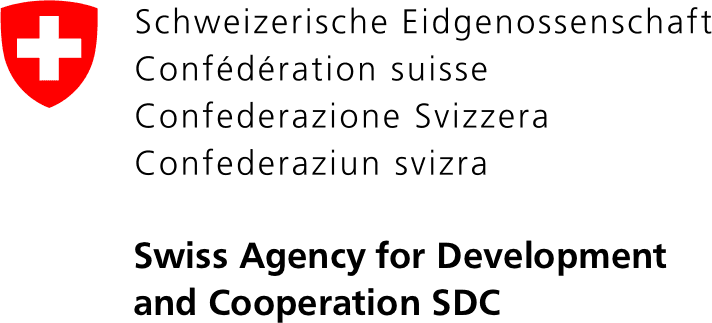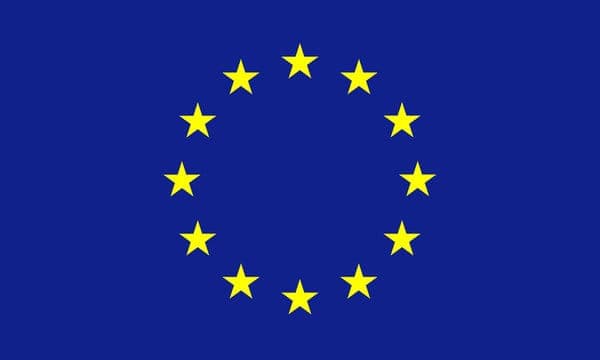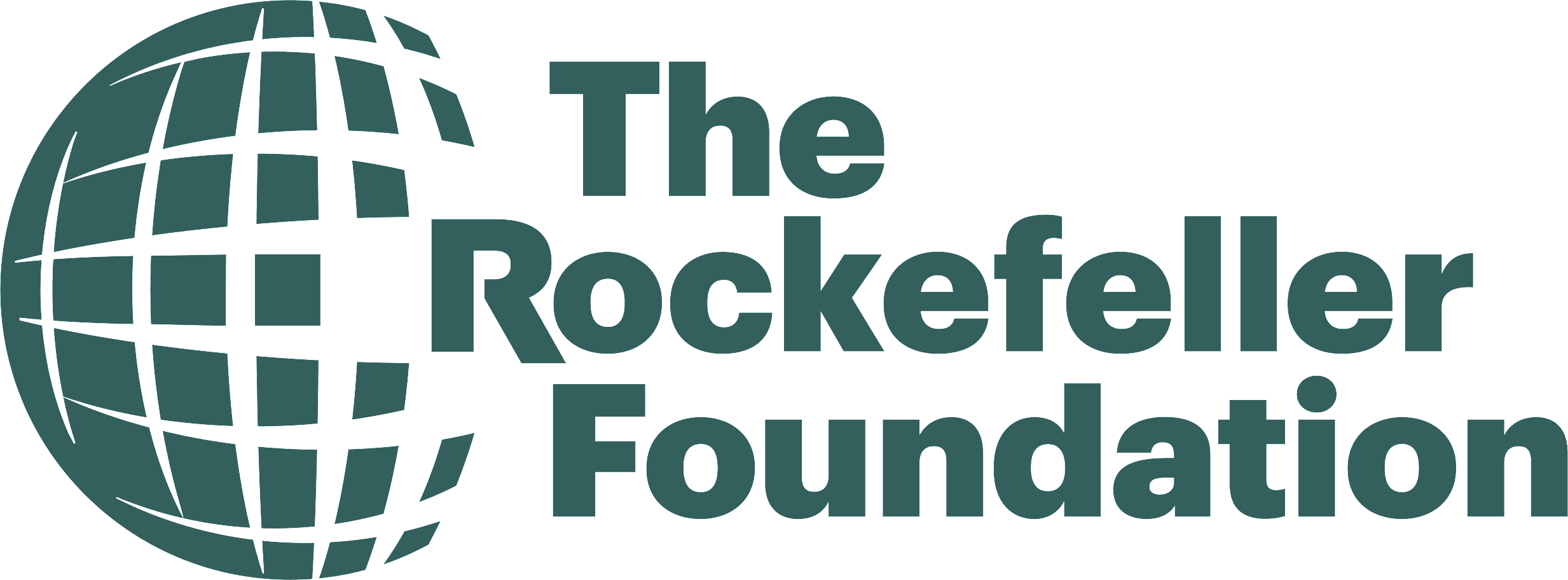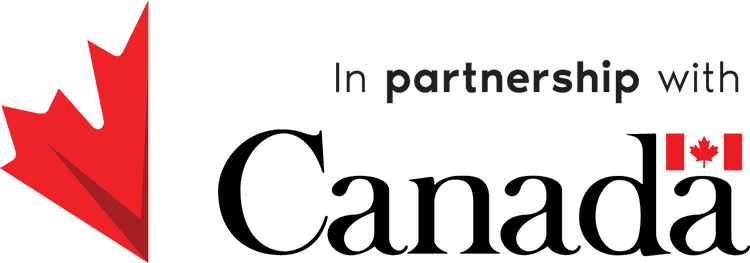About the Project and Team
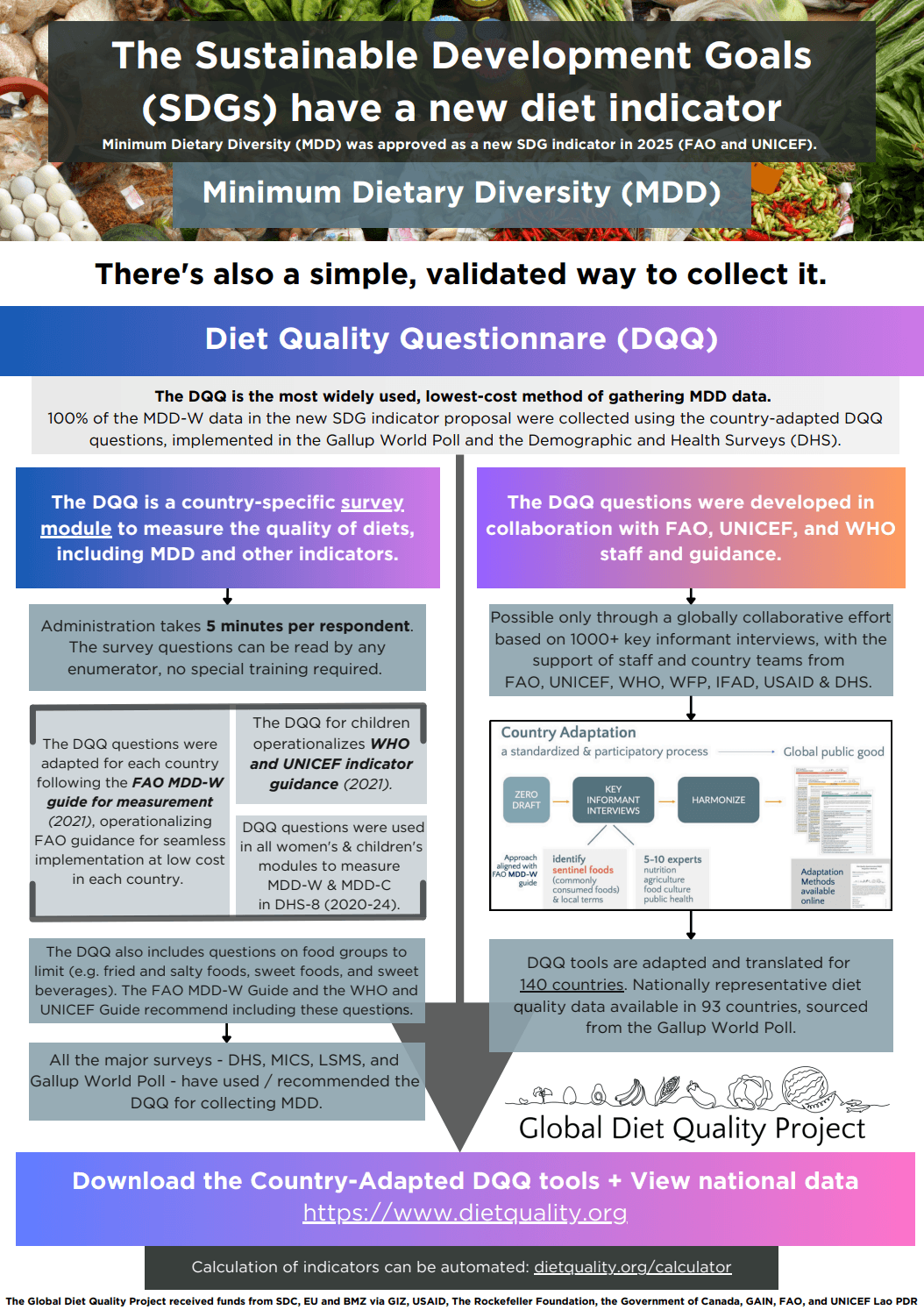
The Global Diet Quality Project began in 2016 with the simple question, “Why don’t we collect data on diets across countries?”
Over the next decade, we developed and tested a robust, replicable methodology for feasible, low-cost diet data collection.
The diet quality questionnaire (“DQQ”) was adapted for each country, through an inclusive process involving 1,000 key informants in 140 countries, whilst adhering to the global guidance documents for data collection published by FAO, WHO, and UNICEF.
By 2025, this investment resulted in a new indicator in the Sustainable Development Goals (SDGs): Minimum Dietary Diversity (MDD). The DQQ has been implemented in over 100 nationally-representative surveys since 2021 – a revolution in diet data collection.
We encourage national survey planners to include the DQQ module in existing national surveys, such as household budget surveys, for tracking the SDG indicator comparably and consistently over time. It can be administered by generalist enumerators, and the cost is equal to 5 minutes of survey time. Data analysis is automatic.
The DQQ is the most widely-used, proven lowest cost method of gathering MDD data, both for women and children (MDD-W and MDD-C). Additionally, the data can also produce indicators of adherence to national food-based dietary guidelines, dietary risk factors for chronic disease, and infant and young child feeding practices published by WHO and UNICEF. The results from surveys implemented by the Gallup World Poll are displayed on this website.
Team
The Global Diet Quality Project is a collaboration between Gallup, Harvard Department of Global Health and Population, and the Global Alliance for Improved Nutrition (GAIN).


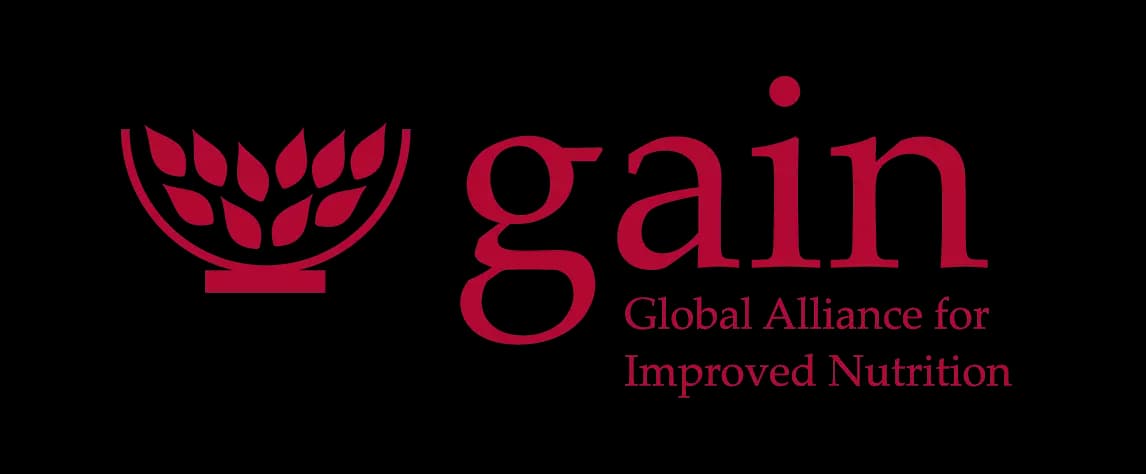
Core team members
Anna Herforth, Visiting Associate Professor, Division of of Human Nutrition and Health, Wageningen University and Research Previous: Senior Research Associate, Department of Global Health and Population, Harvard T.H. Chan School of Public Health
Andrew Rzepa, Partner, Gallup, Inc.
Ty Beal, Research Advisor, Knowledge Leadership, GAIN
GAIN team: Andoni Santamaria Kampfner
Gallup team: Zacc Ritter, Kiki Papachristoforou, Zach Bikus, Taylor Auger, Pablo Diego-Rosell
Collaborators
DQQ Adaptation Team: Cecilia Gonzalez, Kristina Sokourenko, Andrea Spray Bulungu, Betül Uyar, Chris Vogliano
Independent: Terri Ballard (original core team), Doris Wiesmann (lead indicator analyst)
Wageningen University & Research: Inge Brouwer, Elise Talsma, Betül Uyar, Gabriëlle Kuster, Laura Trijsburg, Tesfaye Hailu Bekele, Duong Van, Edith Feskens
University of São Paulo: Carlos Monteiro, Euridice Martinez-Steele, Isabela Sattamini, Giovanna Andrade
Columbia University: Pamela Koch, Deborah Olarte, and Community Nutrition students
Demographic and Health Surveys: Sorrel Namaste, Rukundo Benedict
Technical Advisory Group (2016-2018): Lynnette Neufeld, Francesco Branca, Jennifer Coates, Megan Deitchler, Marlene Heeb, Fumiaki Imamura, Gina Kennedy, Anna Lartey, Catherine Leclercq, Carlos Monteiro, Abigail Perry, Ivo Rakovac, Shelly Sundberg, Anne Swindale, Patrick Webb
Many other collaborators, including the global network of over 1,000 key informants who made this work possible.
Donors
